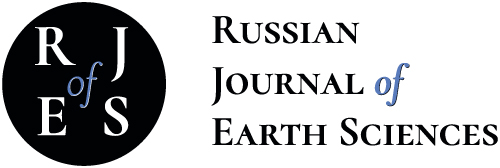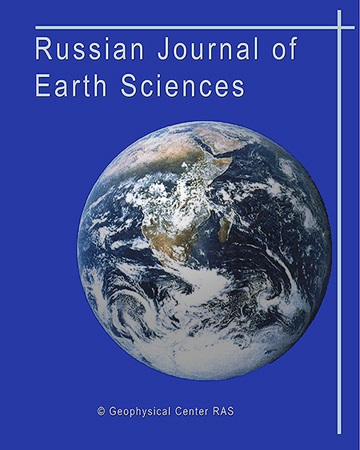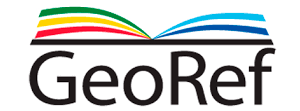Human activity has a profound effect on relief. Therefore, it is crucial to study the anthropogenic relief transformation. The field of study is relatively young, although rapidly developing. This work outlines the influence of human activity on the relief. A vital point of the work was to identify the differences in the influence on morphogenesis by varying types of land use. Norilsk mining district was chosen as a~study area because of its intensive and complex human activities, vast mineral resources, and a large population, which implies an extensive anthropogenic transformation of the area. As a result of the research, land use types with the most profound influence on relief have been identified. Moreover, both the direct and indirect effects on morphogenesis, as well as the resulting processes, have been outlined.
Norilsk, Arctic, anthropogenic relief, mining, anthropogenic impact, hazards of land use
1. Bredikhin, A. V., E. A. Eremenko, S. V. Kharchenko, Y. R. Belyaev, F. A. Romanenko, S. I. Bolysov, and Y. N. Fuzeina, Regionalization of the russian arctic according to the types of anthropogenic development and associated relief transformation by applying the cluster analysis, Vestnik Moskovskogo universiteta. Seriya 5 Geografiya, 1, 42-56, 2020. EDN: https://elibrary.ru/BMMJEB
2. Butiugin, V. V., and E. A. Gulan, Geodynamic and geoecological safety of tails in the norilsk industrial region,
3. Mining informational and analytical bulletin, 1, 122-126, 2005.
4. Google, Google Earth, https://www.google.com/earth/, 2022.
5. Pettit, H., Arctic declares state of emergency after thousandsof tons of diesel leak into river, https://nypost.com/2020/06/02/arctic-declares-state-of-emergency-after-thousands-of-tons-of-diesel-leak-into-river/, 2020.
6. PGC, Polar Geospatial Center (PGC), https://www.pgc.umn.edu/data/arcticdem/, 2021.
7. Pilyasov, A. N., Russia’s arctic frontier: Paradoxes of development, Reg. Res. Russ., 6, 227-239, doihttps://doi.org/10.1134/S2079970516030060, 2016. EDN: https://elibrary.ru/TILEXJ
8. Shchukin, I. S., Four-language encyclopedic dictionary of physical geography, Soviet encyclopedia, Moscow, 1980.
9. Telyatnikov, M. Y., and S. A. Prystyazhnyuk, Anthropogenous influence of Norilsk industrial area on plant vegetation cover of the tundra and forest tundra, Contemp. Probl. Ecol., 7, 654-668, 2014.
10. Tishkov, A. A., E. A. Belonovskaya, P. M. Glazov, A. N. Krenke, S. V. Titova, N. G. Tsarevskaya, and A. G. Shmatova, Anthropogenic transformation of the Russian arctic ecosystems: approaches, methods, assessments, Arctic: ecology and economy no, 4(36), 38-51, doihttps://doi.org/10.25283/2223-4594-2019-4-38-51, (In Russian), 2019. EDN: https://elibrary.ru/NBKTHN
11. Tribune, C., Russian river’s water turns red after metal smelter discharge, company says, https://www.chicagotribune.com/nation-world/ct-russia-river-pollution-20160913-story.html, 2016.














